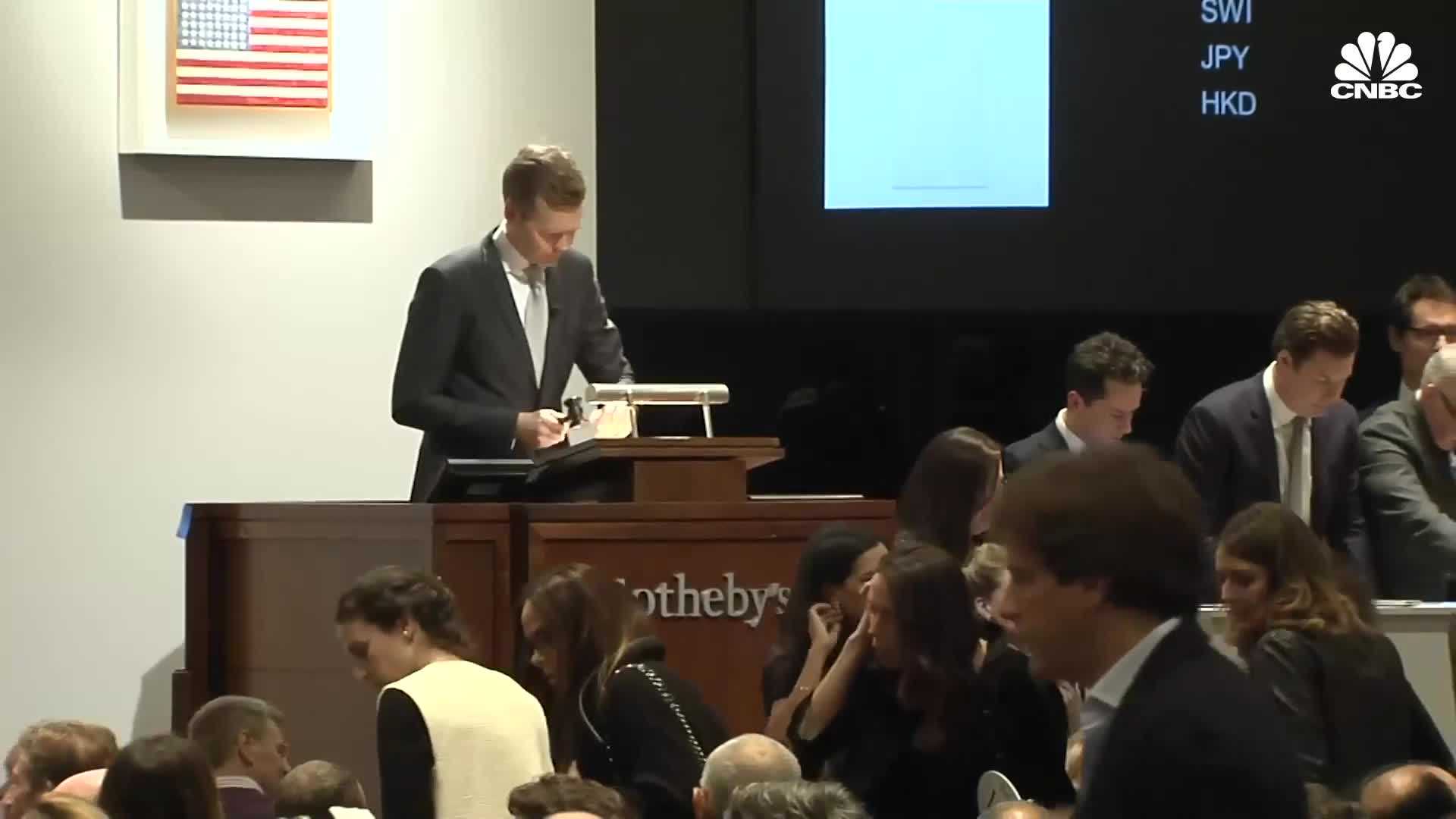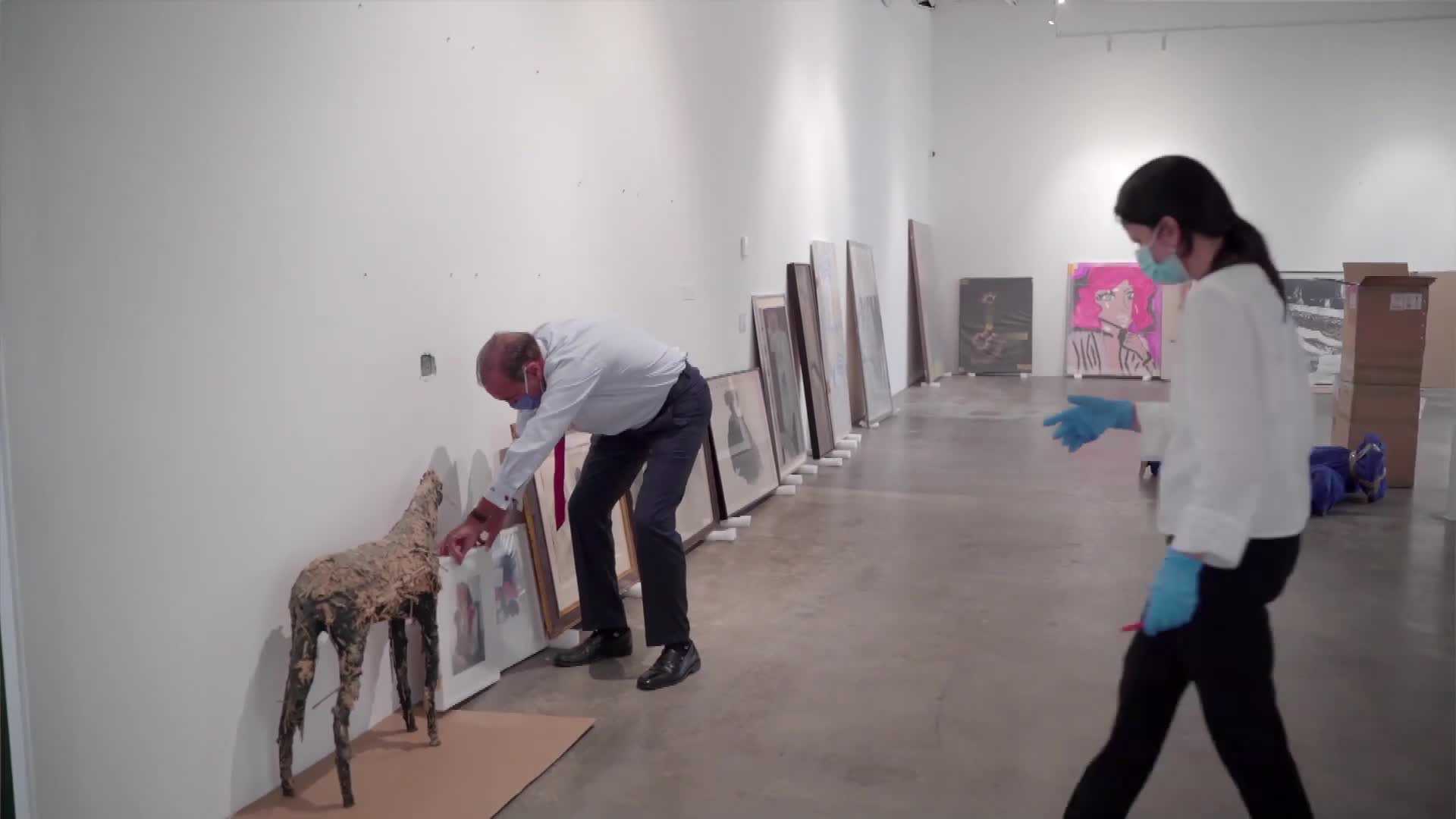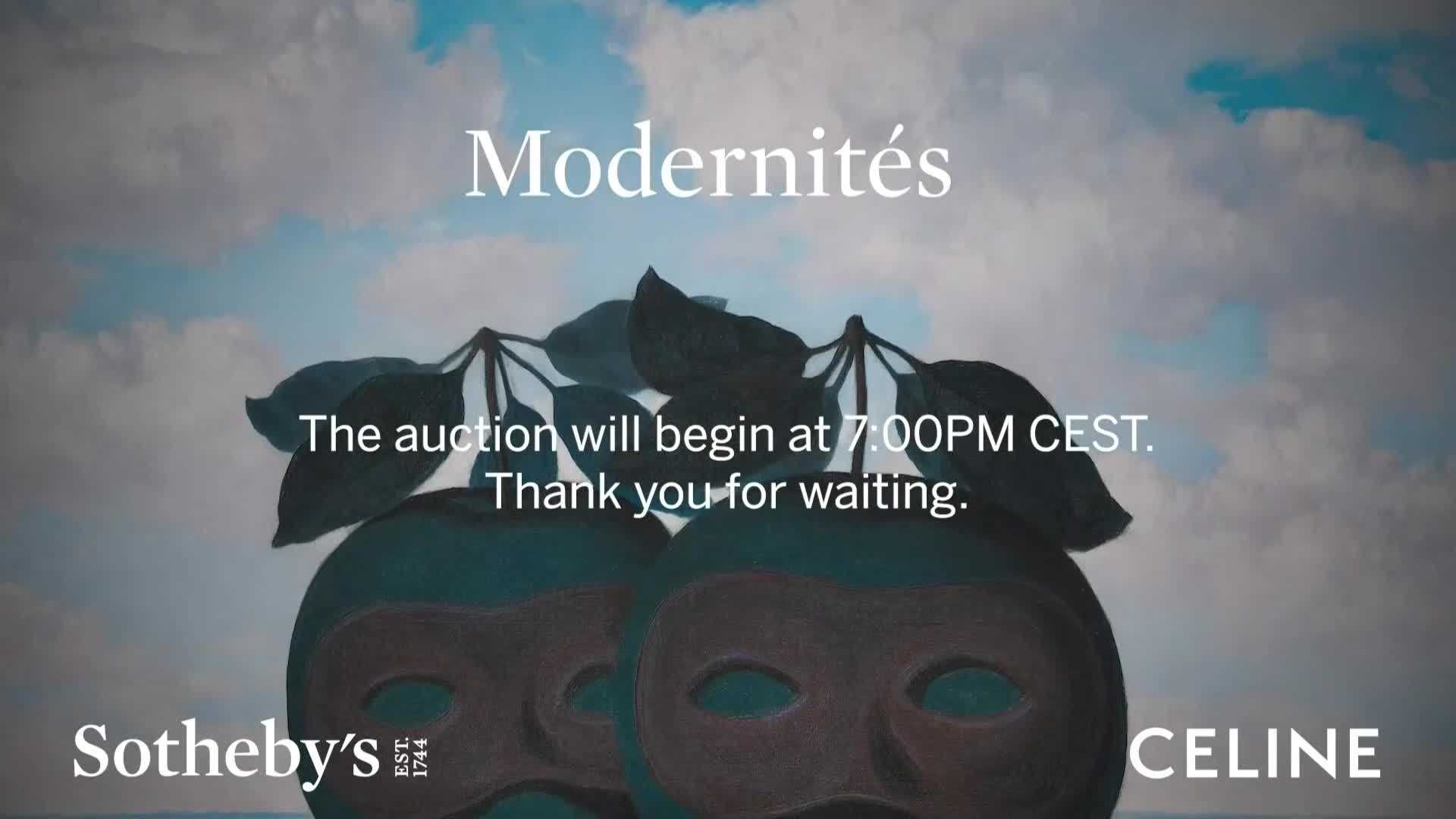The River – A Cinematic Ode to Life and Loss
Jean Renoir’s The River (1951) is a visually mesmerizing and deeply poignant coming-of-age drama set against the vibrant backdrop of colonial India. Based on the novel by Rumer Godden, this timeless classic explores the delicate interplay of love, loss, and self-discovery through the eyes of Harriet, a young British girl growing up along the banks of the Ganges River. The film beautifully captures the rhythms of daily life in India, weaving together the rich cultural tapestry with the universal themes of longing, innocence, and the passage of time. Harriet and her friends navigate the complexities of adolescence, experiencing their first stirrings of love and the bittersweet realities of growing up in a rapidly changing world. Renoir’s masterful direction, combined with stunning Technicolor cinematography by Claude Renoir, immerses viewers in the lush landscapes, vibrant festivals, and spiritual ambiance of India. Each frame is a poetic meditation on the eternal flow of life, mirroring the ever-moving river that serves as both a physical and symbolic presence throughout the story. The River is not just a film; it is a sensory journey—an ode to the innocence of youth, the inevitability of change, and the resilience of the human spirit. It stands as one of Renoir’s most heartfelt works, celebrated for its lyrical beauty, emotional depth, and timeless resonance. Whether revisiting it as a cinephile or experiencing it for the first time, The River remains a masterpiece that continues to inspire and move audiences across generations.







